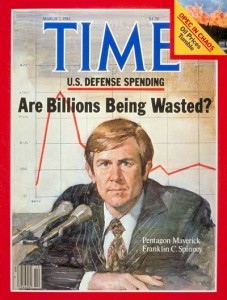
As someone who spent the better part of 2008 and 2009 in Turkey, I find the attached analysis a very useful summary of Turkish developments. To be sure, I am biased. Turkey is one of my very favorite countries, I love the people, the culture, and food, and I have been fascinated by its ongoing political evolution.
Mr. Heydarian's cogent comparison of Turkey's evolution to the so-called Arab Spring* provides much food for thought, and I find it eyeopening.
* I prefer the term Arab Revolt to Arab Spring, because the forces of counterrevolution seem to be taking over, and like its predecessor in WWI, it might not lead anywhere.
Chuck Spinney
Saintes Maries de la Mer
France
A Decisive Shift
By RICHARD JAVAD HEYDARIAN, Counterpunch
May 20 – 22, 2011
Turkey is emerging as an attractive model for the new generation of democrats in the Middle East and North Africa. Turkey, as a bastion of Islamic moderation, economic dynamism, military might, and foreign policy creativity, has inspired many who envision a prosperous and free Arab world.
Phi Beta Iota: The USA is part of the autocratic corrupt system against which the Arabs are revolting. It is neither a leader nor a model–it is an obstacle for the simple reason that the US Government lacks intelligence and integrity, and therefore has nothing to offer in the way of non-zero strategic analytics acceptable to Brazil, China, India, Indonesia, and everyone else. The US Government is morally and intellectually bankrupt.





